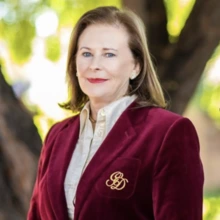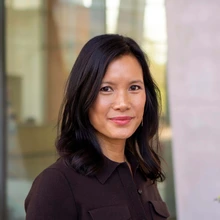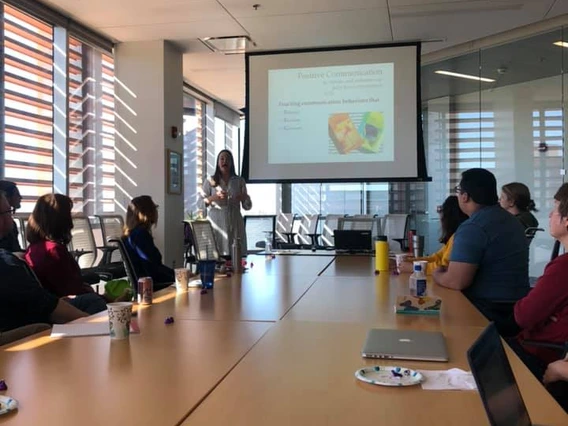
Pamela J. Turbeville graduated with distinction from the University of Arizona in 1972 as a double major in Family and Consumer Sciences and Education. Upon graduating, Ms. Turbeville pursued graduate degrees (MBA in Finance from the University of Denver, MS in Environmental Science from the University of Texas at Dallas) and executive education (Stanford Executive Program). She was selected to receive the 2000 College of Agriculture and Life Sciences (CALS) Alumni Achievement Award at the Homecoming event. Ms. Turbeville has strong family ties to the University of Arizona. Her father, John H. Turbeville, two aunts, and many other family members received UA degrees. In 2000, to support faculty research and teaching, Ms. Turbeville established The Pamela J. Turbeville Endowment in the Norton School of Human Ecology.
The Turbeville Speaker Series comprises presentations during the Fall and Spring semesters by researchers from UArizona and other universities. These hour-long sessions showcase cutting-edge research spanning multidisciplinary topics with an overarching focus on the wellbeing of children, youth and families. Audiences are invited to attend in-person or virtually. Each presentation is recorded and shared on the FMI YouTube Channel.
Upcoming Turbeville Speaker Series
SPRING 2026
Speaker: Thao Ha, Professor of Psychology at Arizona State University

Time: Friday, January 30th, 2026 1:00 PM - 2:15 PM
Talk Title: The Development of Adolescent Romantic Relationships in the Digital Age
Location: McClelland Park, Room 402 or Zoom
Abstract: Adolescence is a formative period marked by the intensity of early romantic experiences and the feeling of love for the first time. Today’s emerging technologies—including social media, virtual reality (VR), and artificial intelligence (AI)—have fundamentally transformed how adolescents connect, communicate, and form romantic relationships. Grounded in developmental theory, I will discuss how these technologies can both foster positive connection and expose adolescents to new forms of relational risk, including digital dating abuse. I will also highlight how digital relationship experiences predict adolescents’ future mental health and relational development. Finally, I will consider implications for policy and the design of youth-centered technologies that support healthy relationships and connection in the digital age.
About the Speaker: Dr. Thao Ha is an Associate Professor of Psychology at Arizona State University, and principal investigator of the @HEART lab. She earned her Ph.D. in Psychology from Radboud University Nijmegen. Dr. Ha studies how adolescents learn how to navigate novel, complex, and sometimes quickly changing relationship dynamics, both in real life and in digital spaces, with implications for their long-term social-emotional development. Her work has been supported by several R01 grants from the National Institutes of Health (NIH; NIMH, NIDA, NIAAA), the Netherlands Organization for Scientific Research (NWO), and various foundations (Spencer, Mental Research Institute). Dr. Ha was a visiting scholar at Stanford University and has received early career awards, such as the APS Rising Star Award and the ISSBD Young Scientist Award. Her recent work focuses on the ethical design of digital and AI technologies that support adolescent mental health and relational skill development.
Register Now

Previous Turbeville Speakers
Relive the excitement of past events, catch up on presentations you might have missed, or revisit those that left a lasting impression. Our "Past Presentations" tab is your virtual library of intellectual stimulation and enlightenment, accessible anytime, anywhere.
YouTube Channel
Visit our video collection of past presentations. There's always something new to learn and explore in our digital archive.

